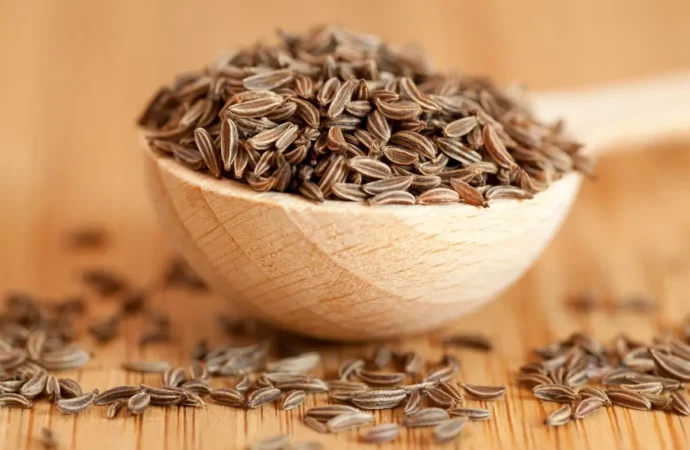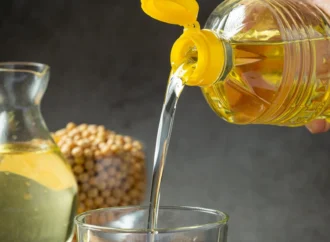Key Update
After reports of adulterated chana, concerns have now turned toward cumin seeds (jeera) — a staple in Indian kitchens. Experts warn that the widely used spice is increasingly being tampered with to meet rising demand, compromising both flavour and safety.
“Cumin is one of the most essential spices in Indian cooking, prized for its earthy aroma and digestive benefits. But because it’s used so extensively, it has become a target for adulteration,” explained consultant dietitian Garima Goyal. According to her, fake cumin may contain grass seeds, charcoal-coated grains, or artificially coloured substitutes that look similar but are unsafe to consume.
How to Identify Pure Cumin
Goyal advised consumers to buy sealed, branded packets with proper FSSAI labelling and mention of origin. “Look for uniformity in size and colour. Genuine cumin gives off a strong, earthy aroma when crushed, while fake ones smell stale or chemically treated,” she said.
A simple test at home can also help check purity. “Add a spoonful of cumin to a glass of water. If the seeds float or the water changes colour quickly, it’s likely adulterated. You can also rub a few seeds between your palms — if they leave a black residue, that’s a red flag,” Goyal added.
Why Adulteration Matters
Pure cumin aids digestion, eases bloating, and provides natural antioxidants such as cuminaldehyde. Adulterated versions, however, not only dilute these health benefits but may also introduce harmful contaminants into the body. “Using fake cumin regularly can affect gut health and overall well-being,” Goyal cautioned.
Smart Storage and Usage Tips
To retain flavour and safety, store cumin in airtight containers away from heat and moisture. “Avoid buying in bulk. Spices lose their potency over time and are more likely to be tampered with when stored for long periods,” she advised. When cooking, lightly roast or temper cumin to release its oils and aroma, but avoid burning it, as overheating can destroy its beneficial compounds. “If you ever doubt the quality of cumin at home, it’s better to replace it than risk using a compromised spice,” Goyal said.
Source: The Indian Express
 Food Manifest
Food Manifest 


















